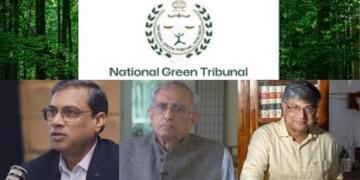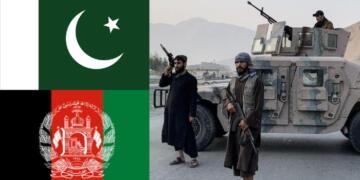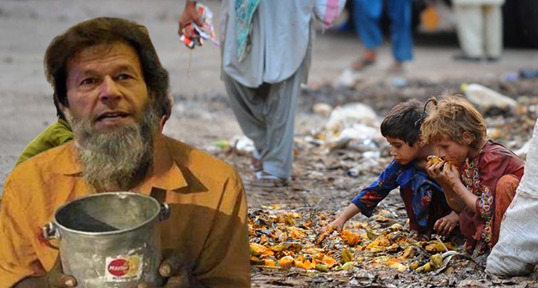Pakistan is going through a torrid time on the economic front. The sky-high inflation, owing to depreciation in the value of the Pakistani rupee and the new tax policies implemented by the government has led to inflation rates crossing the 9 per cent mark in September. The Wholesale Price Index (WPI), which captures prices in the wholesale market, also rose sharply by 19.6 per cent in September compared to 4.3 per cent in the same month a year ago. According to the Pakistan Institute of Development Economics, about 39 per cent of Pakistanis live in poverty and the rising inflation could have a catastrophic effect on them.
However, Pakistan and its priorities are sorted. While the country is facing extreme inflation, the Pakistan Prime Minister is busy establishing pseudo-religious institutions. Reportedly, Imran Khan on Sunday (October 10) announced the establishment of a Rehmatul-Lil-Alameen Authority in the country to ensure the implementation of the teachings of the Holy Prophet (PBUH) in society.
According to the news reports, the newly established authority will monitor the curriculum being taught at schools and organise research in universities regarding the true message of Islam in light of the teachings of Prophet Mohammed.
Speaking about the importance of the Sunnah of the Prophet for Muslims and how it should be an integral part of their lives, the cricketer turned political fanatic remarked: “The Holy Prophet was the first-ever personality in the history of the world who established a welfare state and for the first time in history, the state took the responsibility for the poor and the destitute, promoted and prioritised education, and made it compulsory for both men and women.”
Establishing Taliban through the religious institution
Experts privy to the matter have dubbed the formation of the Rehmatul-Lil-Alameen Authority as a pre-cursor to Taliban storming Pakistan or laying a foundation for the working of Taliban. Ever since the terrorist outfit gained control of the neighbouring country of Afghanistan, Imran Khan has been elated at the prospect of having an ally in the backyard.
However, Imran doesn’t understand that Afghanistan Taliban has made bed with Tehreek-e-Taliban (TTP) i.e. Pakistan Taliban. The latter wants to obliterate the Pakistani government and its institutions. Thus, sooner or later, the Taliban is coming for Imran Khan’s chair but being the ‘astute’ political leader that is Imran, he is not willing to wake up and smell the coffee.
Do not eat food: Pakistan Minister
Amid the rising food prices and dearth of food supplies, with the price of chicken skyrocketing at 42.04 per cent, followed by a 15.7 per cent surge in pulse masoor, 14.43 per cent increase in eggs, and nearly 10 per cent in wheat — some Pakistan ministers are making ludicrous statements to add fury to public’s sentiments. Reportedly, Ali Amin Gandapur Minister of Gilgit-Baltistan, whilst addressing a public meeting suggested that people should reduce their sugar and flour consumption amid soaring prices.
He said, “if people use less sugar, then their tea won’t taste less sweet (Agar chai mein cheeni ke 100 daane daalne ke bajaye 9 daane kam kar diye jaayein tou is se chai kam meethhi naheen hogi)”.
The Minister further added, “If there is 9 percent inflation, then can I not sacrifice so much for my community, my children. For the freedom of Pakistan and to save our children from slavery, we have to make sacrifices. Now you guys have to take this decision.”
Pakistanis forced to wear second-hand clothes
Such has been the dire situation of Pakistani’s that they are being forced to choose between clothes and food. While food is a necessity and somehow the citizens are managing — in the clothing department, Pakistanis are being forced to buy secondhand items.
According to an Arab News report, imported secondhand articles including blankets, jackets and other casual wear were currently meeting about 30 per cent of the clothing requirements.
During the past fiscal year, imports of secondhand clothes rose by 90 per cent to 732,623 metric tons and were worth $309.56 million, which is an 83.43 per cent rise in value as compared to the previous fiscal year.
For years the terrorist state had used its strategic geopolitical location to extort money from the United States. For years, the US pumped billions of dollars into Pakistan as financial and military aid. In the post-cold war world, it allied with China due to their mutual fear of India. But as the economic clout of China grew over the years, the relationship of equals became like that of a colonial subject and master. And currently, Pakistan is reeling from a severe economic downturn.

























